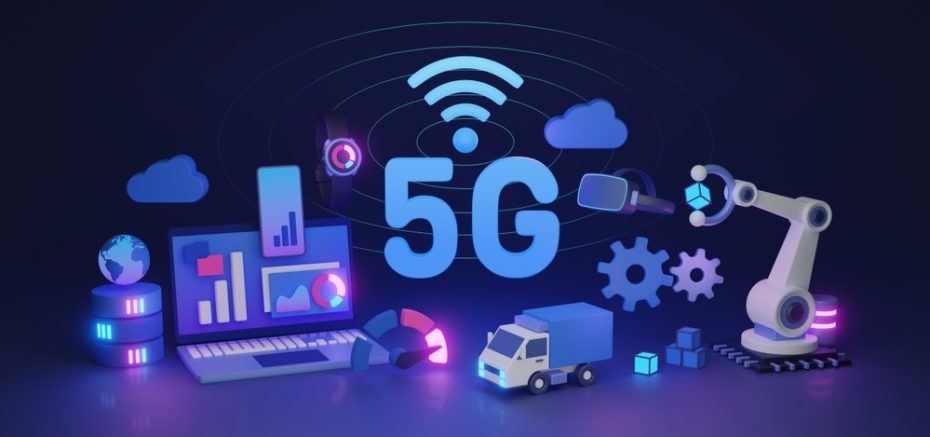There’s no doubt that 5G technology is transforming the telecom industry. As the fifth generation of mobile networks, 5G brings faster speeds, reduced latency, and enhanced connectivity—reshaping how people connect, communicate, and consume data around the globe.
In this article, we’ll explore how 5G is revolutionizing telecommunications, its real-world applications, and why it matters for the future of mobile technology.
1. What Is 5G Technology?
5G is the latest evolution of mobile networks, following 4G LTE. It offers:
-
Speed: Up to 100x faster than 4G
-
Latency: As low as 1 millisecond
-
Capacity: Can support up to 1 million devices per square kilometer
These improvements make it possible to stream ultra-HD content, enable real-time gaming, support smart cities, and even power autonomous vehicles—all simultaneously.
2. How 5G Is Impacting Telecom Providers
5G technology is transforming the telecom industry by forcing mobile network operators (MNOs) to rethink their infrastructure. Telecom companies are investing heavily in small cell networks, fiber backhaul, and cloud-based architectures to support 5G deployment.
According to GSMA Intelligence, over 200 operators in more than 70 countries have already launched commercial 5G services. As demand increases, telecom firms must adapt quickly to remain competitive.
3. Real-World Applications of 5G in Telecom
Here’s how 5G is being used in real telecom scenarios:
| Application | Impact |
|---|---|
| Smart Cities | Enables efficient traffic, lighting, and utility management |
| Remote Healthcare | Supports real-time diagnostics and remote surgeries via high-speed networks |
| Industrial IoT | Connects thousands of sensors for manufacturing automation |
| AR/VR Communications | Enables immersive customer service and training |
| Fixed Wireless Access | Replaces fiber broadband in underserved areas |
These applications show that 5G is not just about mobile phones—it’s a foundation for future connectivity across all sectors.
4. Benefits for Consumers and Businesses
5G brings tangible benefits to both individuals and enterprises:
-
Consumers enjoy buffer-free streaming, faster downloads, and smoother gaming experiences.
-
Businesses gain access to more reliable networks, improved remote work setups, and real-time data analytics.
This dual impact proves why 5G technology is transforming the telecom industry and why adoption is accelerating worldwide.
5. Challenges in 5G Rollout
Despite its benefits, 5G deployment is not without hurdles:
-
Infrastructure Costs: Building the required infrastructure is expensive and time-consuming.
-
Spectrum Allocation: Governments must fairly allocate spectrum bands to operators.
-
Device Compatibility: Not all devices currently support 5G, requiring consumer upgrades.
Telecom companies are working hard to overcome these challenges through partnerships, innovation, and long-term investment strategies.
6. The Future of Telecom with 5G
Looking ahead, 5G will pave the way for 6G, artificial intelligence-powered networks, and full automation. The telecom industry will evolve from simple connectivity providers to tech-driven service platforms.
As telecom companies integrate AI, edge computing, and real-time analytics, they’ll deliver personalized, intelligent services to every user.
To stay updated on innovations in telecom, visit our Telecom News section.
Conclusion
In conclusion, 5G technology is transforming the telecom industry in ways we are just beginning to understand. From consumer experiences to enterprise solutions, 5G offers a faster, smarter, and more connected future. As telecom companies continue to expand their 5G capabilities, we can expect more advanced applications and a truly global digital revolution.
Whether you’re a business leader, tech enthusiast, or everyday user, the 5G era is one you don’t want to miss.

















